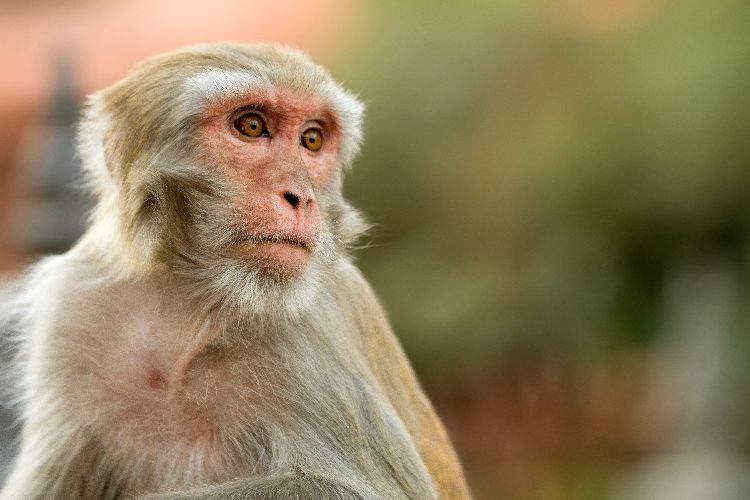These are extraordinary times. The speed with which the COVID-19 pandemic has spread throughout the world has caught the scientific community by surprise. However, researchers and doctors are beginning to develop effective treatments and even vaccines for this disease.
Much of the vaccine development has used animal models. The animal model closest to humans used to test the vaccine is the macaque monkey. It should be remembered that the immune systems of humans and monkeys is separated by 25 million years of evolution. In addition, different species of macaques have been used (Rhesus and Cynomolgus) to test vaccine candidates. This casts further doubt on the validity and relevance of such animal tests given the fact that there are important immune system differences between not only these two species of macaque but also between macaque populations of different geographic locations (1) .
It is reported that Australia intends to order 25 million doses of Oxford University’s potential COVID-19 vaccine. The vaccine, called AZD1222, is being developed by Britain’s University of Oxford and is licensed to British-Swedish pharmaceutical company AstraZeneca.
We understand that this vaccine was developed with the use of mouse and primate models, and subsequently tested on ferrets. It is important to raise the question as to the relevance of animal tests as a means of assessing the safety and efficacy of human immune response. For instance, the experimental antibody TGN1412 (a mouse antibody) showed no adverse effects in monkeys who received the drug at 500 times the dose compared to the dose administered in healthy human volunteers. The disastrous results speak for themselves (2).
Whilst AZD1222, showed promising results in animals, the vaccine did not protect all infected animals fully from infection (3). The safety and effectiveness of the vaccine can only be assessed in larger-scale human clinical trials. In view of a former investigation by the British Medical Journal, which unearthed concerns about how Oxford University researchers used the results of animal studies selectively to gain funding and approval for human TB trials (4), caution should be exercised. Additionally, the fact that the vaccine contains a genetically modified chimpanzee virus is already cause for concern at a time when the very disease we are trying to combat is itself a mutated animal virus (5).
It is important that Australia demonstrates an effective response to COVID-19 and HRA shares the desire for an effective and safe vaccine as soon as feasible. However, it is equally important that the preventive and protective measures be based on good science. Rather than experimenting with animals, it would be more intelligent – and far more scientific – to invest in high-performance technologies of the 21st century.
The COVID-19 pandemic has highlighted some innovative human-relevant research methods, including three-dimensional reconstructed human respiratory tissue models. A further example is the “MIMIC” (Modular IMmune In vitro Construct), an in vitro model of the human immune system. As Dr Andre Menache, HRA adviser states: “It is time to change the current paradigm in biomedical research if we want to preserve our health in the face of emerging diseases of the 21st century. Perhaps the COVID-19 epidemic will help us to question some of our outdated scientific practices as well as the obsolete regulations that still impose them”.
For more information on the vaccine development process using animal models, read here.
References:
1. https://www.biorxiv.org/content/10.1101/574160v1.full.pdf
2. https://www.ncbi.nlm.nih.gov/pmc/articles/PMC2964774/
3. https://www.telegraph.co.uk/global-health/science-and-disease/doubts-oxford-vaccine-fails-stop-coronavirus-animal-trials/
4. https://www.bmj.com/content/360/bmj.j5845
5. https://www.precisionvaccinations.com/vaccines/azd1222-sars-cov-2-vaccine
